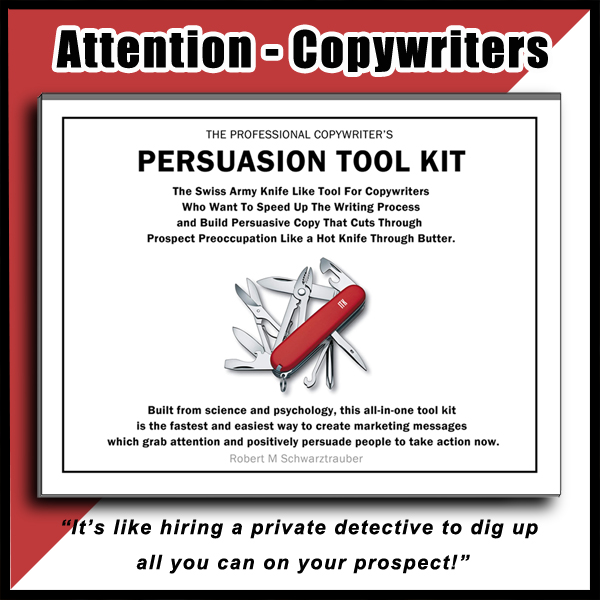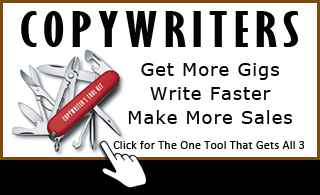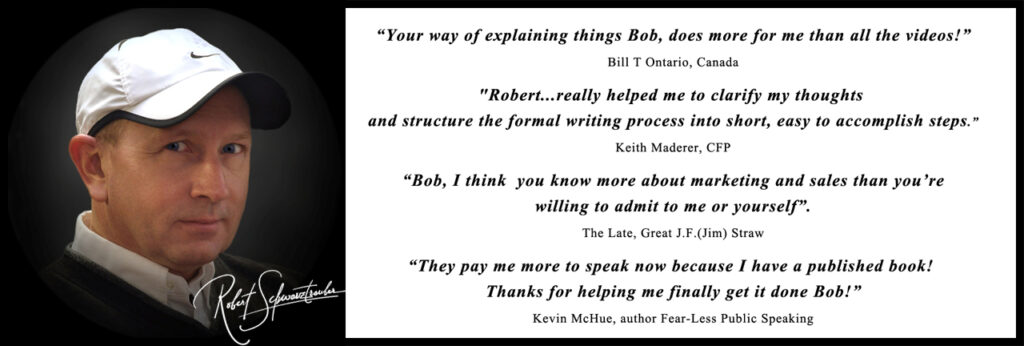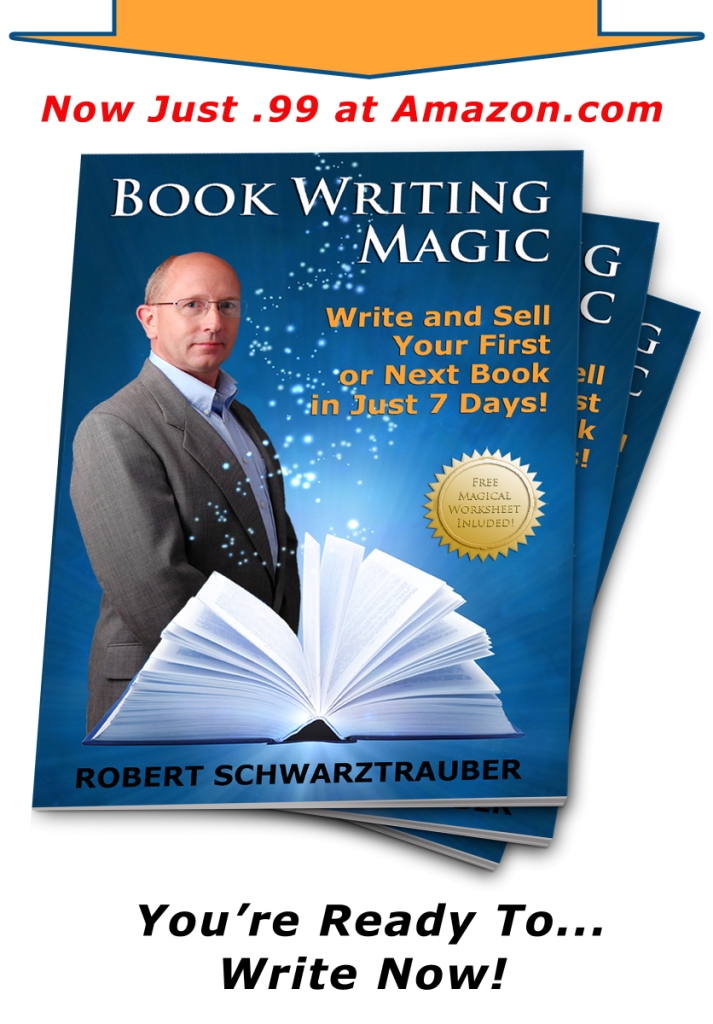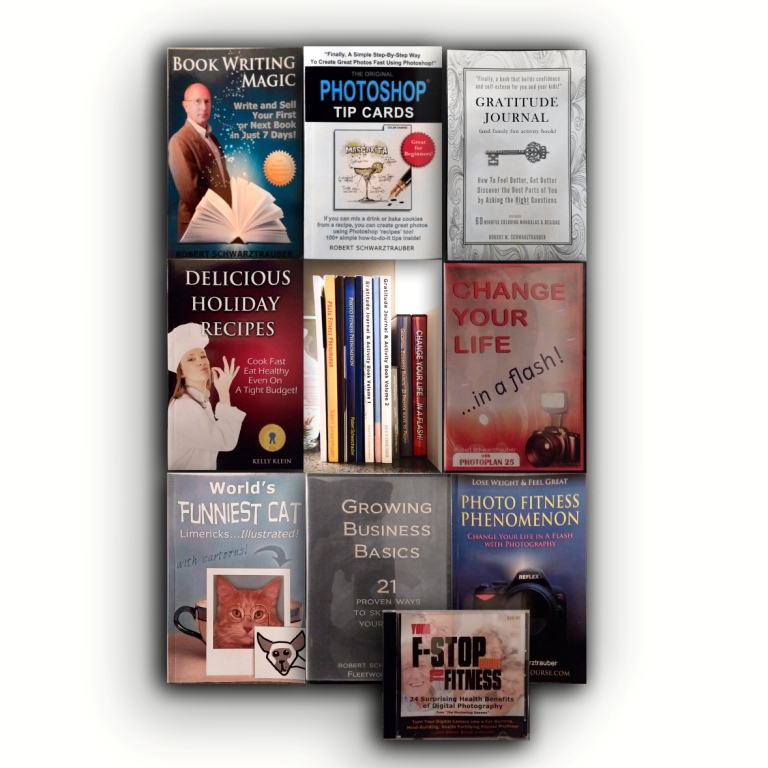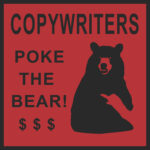
Copywriting Tips : Powerfully Tapping Fears
Many struggling copywriters and business newbies rely solely on stating product or service positive benefits when making their pitch.
Tastes great. Lasts longer. 20% Lighter. Less Fat. Fat Free. Gluten Free. Faster. Cheaper. Easier. New. Improved.
Carrots are nice. But sticks get more done.
While benefits communicate logically what the offering provides, they often fail to compel action on an emotional, gut, motivational level. If your prospect can say, “Oh, that’s nice.” instead of whipping out their wallet because they have to have it, your ad or promotion has probably missed the mark.
That’s why savvy copywriters know they need to tap into negative emotions too – subtly and ethically (usually, but not always) – if they want to spur their target audience to take action, to purchase, subscribe, or donate now. Not later.
Remember, this may be the one and only time your prospect sees this ad or promotion. It has to compell them to act now. Or else.
In this article, we’ll cover:
- why negative emotions work,
- give examples of powerful negative emotions to harness,
- and tips for ethically integrating them into your copywriting.
Copywriting That Relies Too Heavily on Logic
~ ~ ~
Many novice copywriters focus intensely on the features and benefits of what they’re selling. They fall into the trap of over-explaining the ins and outs of the product logically, while failing to make any emotional connection with the reader or prospect..
While benefits are certainly important to put out there, left to stand alone they fail to provide the critical motivational spark that ignites action.
Copywriters must assume they have just one chance to capture a prospect or customer’s attention before they tune out. Today, studies show you’ve got about 6 seconds to capture their attention. Positive emotions alone won’t spur urgency and action in most cases.
That’s why crafting copy which solely states benefits, while avoids tapping negative emotions, is a rookie mistake with dire consequences
Why Negative Emotions Are More Powerful Motivators
~ ~ ~
Decades of research on influence, persuasion and psychology prove that negative emotions are often stronger motivators than positive ones. Dr, Robert Cialdini has written great books on this subject if you want to deep dive on the proof.
People are more driven to act when they want to avoid pain and anxiety – than when they simply want to feel good or better.
Marketers refer to this as “moving away from pain versus moving toward pleasure” – Moving away from or avoiding pain proves the greater incentive.
So what are some of the negative emotions professional copywriters tap into – ethically and subtly – to highlight problems and frame their offering as the solution?
Here are 25+ Powerful Negative Motivators, things that piss people off, or make them want to act now to put things right:
(every great movie or novel taps into one or more of these to make the audience FEEL something)
They Took Advantage of me!
They Overcharged me!
They Stole from me!
They Cheated me!
They Betrayed me!
They Embarrassed me!
They Rejected me!
They Abandoned me!
They Belittled me!
They Physically hurt me!
They Mentally abused me!
They Shamed me!
They Humiliated me!
They Excluded me!
They Lied to me!
They Broke their promise to me!
They Criticized me!
They Berated me!
They Attacked me!
They Sabotaged me!
They Took me for granted
They Misinformed me
They Disrespected me!
They Disappointed me!
They Bullied me!
They Laughed at me!
Everyone has a story they can tell about any or many of these. Pick any one. Everyone knows what this FEELS like. They want to avoid having that FEELING ever again.
Copy that inflames any of these negative emotional states in relation to the prospect’s problem can most effectively spark action.
So go ahead, poke the bear! Lean into their pain point, insecurity, injustice. Bring it up.
Dire consequences!
Yes, tease, promise the carrot. But you owe it to your prospect, and you owe it to your client, if you have one who has paid you to get results, and you also owe it to yourself to TELL THE WHOLE STORY!
The good, the bad, and the ugly.
“What happens if I do nothing?”
“What might I miss out on, loose on, if I choose a different path?”
John Caples masterfully crafted one of the most effective and most swiped headlines of all times using HUMAN FEELINGS as its base: “They Laughed When I Sat Down At The Piano – But When I Started To Play!”
Everyone can relate to the FEELING of, and the intense fear of being laughed at.
If you were going to buy a piano course, you would want one that would keep you from looking like a fool when you played. One that kept you from getting laughed at. And instead, pleasantly surprised everyone with your new found talents. You’d want the same one John Caples was selling!
That simple, short headline is packed full of FEELS. Emotions we can all relate to. Emotions we want to avoid (embarrassment) and emotions we want to strive toward (being pleasantly surprising, looked up to by our friends and family).
Another example…
I don’t have the actual ad, but master copywriter Ben Settle tells of famously selling products to the men’s prostate niche by calling up in grim, vivid details, the pain and suffering men could expect if they went the other, traditional route of treatment which involves physically scraping tissue from the urinary tract to relieve prostate simptoms. As it was told, grown men could viserally feel the pain he described in detail in his promotions. And then, who wouldn’t want to at least try his no-pain solution first!
Applying This Technique Thoughtfully and Ethically
~ ~ ~
Of course, blatantly provoking negative emotions solely to manipulate people into buying is unethical and in some cases could be illegal. But appropriately highlighting pain points that your audience is actually experiencing, or can expect if they don’t choose, or delay choosing your product, can be honest and effective. And serve their needs better than some sugar-coated version.
You are actual doing your prospect a great service by showing him all the negative or dire consequences he can expect if he does nothing, or buys an inferior product.
Imagine, if your prospect was your closest friend, or your child, you would want to make sure they knew all the good, and all the bad of the choice they are about to make, or should be making. You would not want to see them suffer. You would want them to know all the options to make the best choice. While avoiding any dire consequences in the process
The key is to first research and understand the product’s audience deeply. Real deep.
You must uncover their authentic frustrations, anxieties, fears. Any problems they have or perceive they have. Anything and everything your offering can genuinely help solve.
Then you’ll be able craft copy that taps into those negative emotions and positions your solution as just the fix they’ve been looking for.
For example, a dating app that helps singles find meaningful relationships could highlight the rejection and loneliness people feel when they struggle to find someone special.
Or a locksmith could tap into the violation and anxiety people feel when their home security has been. or could be compromised. You’d warn them of any nearby crimes that happened recently.
In both cases, honestly highlighting the negative emotions related to the customer’s problem is a powerful force for motivation and persuasion when combined with the positive solution your product or service provides.
So don’t shy away from negative emotions in your copywriting. Poke the bear. Just ensure you target their fears precisely toward emotional issues your customers truly face, that your thing can eliminate.
When employed strategically, this technique compels consumer action while forging an authentic brand connection. Buyers want to feel that the seller intimately understands their problem. When you call out their fears and deepest concerns you demonstate that you “get” them.
Conclusion
~ ~ ~
While some copywriters focus exclusively on logic and benefits, the smart marketers know that negative emotions are actually the stronger motivators. And smart copywriters use them!
By ethically tapping into pain points and anxieties people have, you can highlight problems and frame your brand, your product, your service as the only (or at least best) logical choice.
With this psychology and science backed copywriting technique, you motivate action and demonstrate a true understanding of what your audience cares about.
Just ensure you target actual frustrations your product or service can reasonably help alleviate. All claims must be backed by proof. Lest customer reviews or big government grind your scamming operation to a halt.
Used judiciously, negative emotions give copywriting the critical spark that turns a prospect into a paid customer. Negative emotions, delivered in intimate detail, compel action while conveying that you get what your audience is, or certainly will be going through.
What negative emotions resonate with your target market and their pain points?
The Copywriter’s Persuasion Toolkit, with it’s simple graphics, fill-in-the-blank templates, and helpful guides quickly reveals what your prospect’s emotional hot buttons are, and how to best grab their attention in the first place.
Are you using it?
Your competition is or will be soon.
It’s on sale right now, for a limited time to get you started right in the year 2024
Download your copy now.
Or, pay more later.
To your Happy and Successful New Year,
– Robert Schwarztrauber

